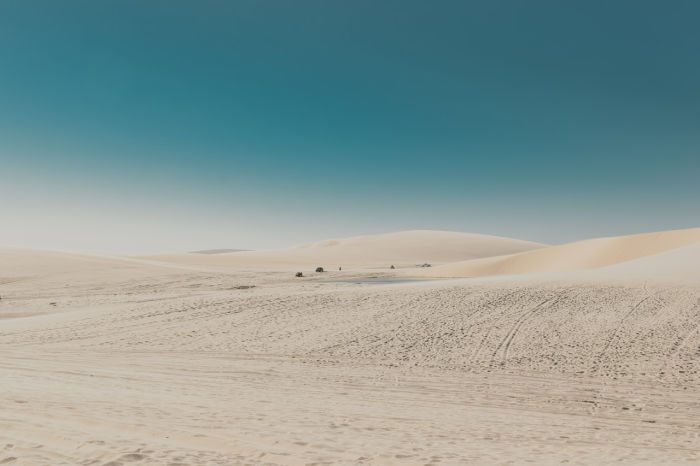Whiteness justifies domination. But our ancient story reveals the nature of God isn’t the perpetuation of the powerful, but giving freedom to the oppressed.

Part 2
There is only one Exodus narrative in the Bible, but there are two exodus stories. At least as far as it has played out in history.
The first fifteen chapters of Exodus are generally what we speak of when we refer to the exodus. God liberated the Hebrew people from slavery in Egypt and gave them freedom.
But a second Exodus story is alive. It’s the story which comes after the Pentateuch. The story of the Hebrew people conquering and claiming the Promised Land from the people who lived there.
While Anglo-Saxon exceptionalism built itself on this second story, it plays down the first. A story which reverberates in our tradition, imploring the “chosen” to recognize the common humanity of the other. To refuse to dominate as they were dominated.
For those oppressed, the central exodus story is primary. God is freedom. God frees the oppressed. So we don’t see God’s nature in any defense of slavery.
But that part about conquering sounds better. So we pretend God isn’t freedom. We justified a false Manifest Destiny of whiteness on this lie.
New Life
For the black church, the foundational appeals of freedom and sacrifice are intertwined. The exodus and cross events bring a radical witness to both the brutality of human systems of domination and the powerful ways God brings new life to the persecuted.
In reclaiming the victims of violence “western” culture would throw away and dismiss as “thugs” and deserving of their fate [Christians should never use that word: deserve] we might restore them to new life. By telling their stories and sharing who they are, we contribute to a community’s rebirth and restore the wholeness to people victimized twice.
This prophetic witness takes courage because it challenges the dominance and privilege of whiteness. But it also breathes new life into all of humanity.
This is a reflection on Part 2 of Kelly Brown Douglas’s book, Stand Your Ground: Black Bodies and the Justice of God. A reflection on Part 1 can be found here. And a reflection on the whole book is coming tomorrow.
I encourage you to read my previous summaries and reflections.
